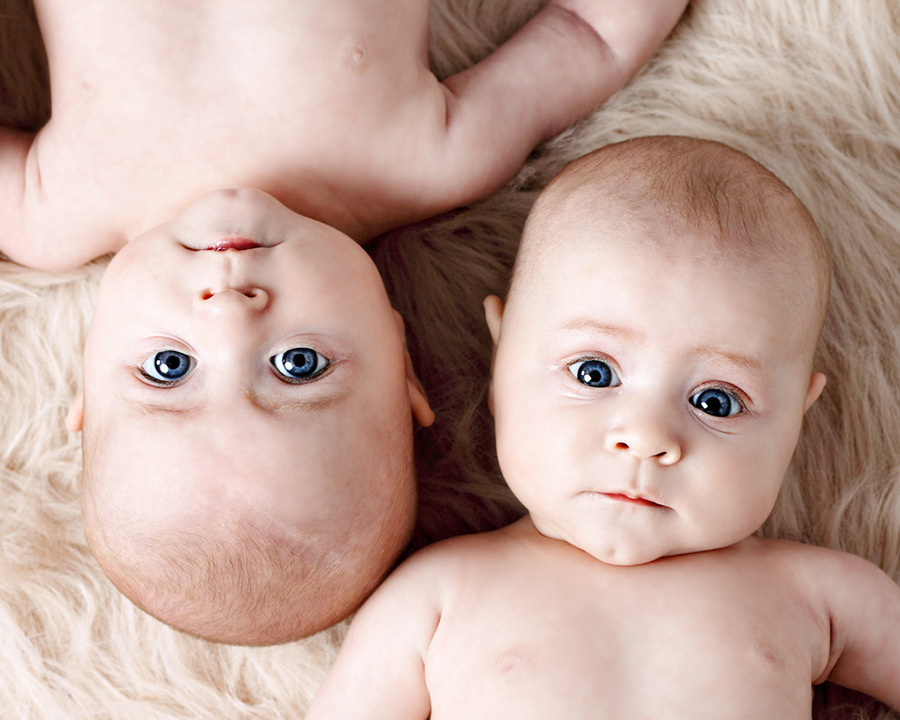The rate of twin births in the United States reached a historical peak in 2014, according to an annual report released a few days ago by the Centers for Disease Control and Prevention (CDC).
There were 33.9 twin births per 1,000 births last year. Between 2013 and 2014, these births have occurred equally among white and Hispanic women. However, new statistics indicate that the rate among black women went up 4 percent.

The births of triplets and multiple births increased from 1980 to 1998, in which the rate reached a high of 193.5 multiple births per 1,000 births. But unlike twin births, the rate has been declining over the past 20 years. Between 2013 and 2014, the rate dropped 5% to 113.5 per 1,000 births.
The authors stated that the birth increase of twins and multiple births may be due to fertility treatments, in which in vitro fertilization is the most common. However, changes in fertility treatments – such as implanting three or fewer embryos – may have also been responsible for the recent declines in the number of triplets and multiple births.
Another cause of the increase in the birth rate of twins was also attributed to more women having children at older ages, in which studies have shown that having children at an advanced age may increase the chance of having twins.
The report also found that rates of women giving birth in their 20s hit a record low in 2014, while the rate of women giving birth in their 20s, 30s and early 40s climbed 2,013 to 2014.
In addition, there was a 9% decline in the birth rate among teenage mothers from 15 to 19 years since 2013. That rate dropped to 24.2 births for every 1,000
The trends among men reflected the same as women, since there was an increase in thirty and forty-year-old men who became parents and a decrease in the birth rate among twenty-years-old men.
The rate of 62.9 births per 1,000 women in 2014 is one of the lowest ever registered, but represents an increase of 1% compared to 2013, and the first time the rate has increased over the years since 2007.
Source: Huffington Post

I read somewhere that it could be because of the fertility products women are taking. Not sure if that’s true but I didn’t have twins when I was pregnant with our first, I was taking conceiveeasy at that time. I believe most of these are hereditary.